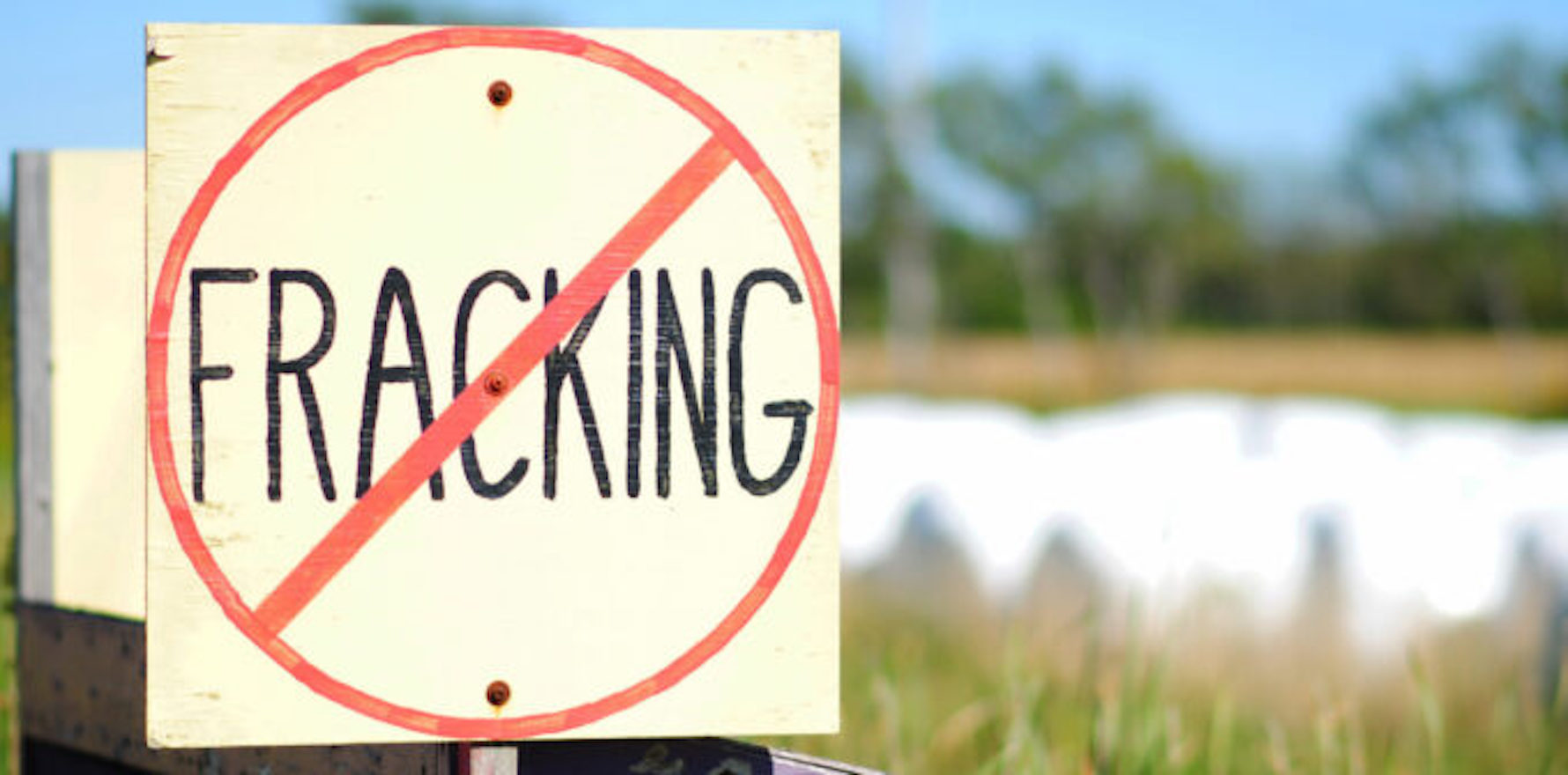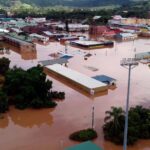This project will emit a 'carbon bomb' of emissions, contributing to a climate that is increasingly hostile to human health.
Northern Territory paediatricians are concerned about adverse impacts of fracking on their patients’ health, and are urging Prime Minister Anthony Albanese to respond to NT’s decision to frack in the Beetaloo Basin.
The doctors are calling for the Commonwealth government to withdraw its $1.5 billion support for the proposed Middle Arm Point development in Darwin Harbour – just 3km from populated areas – which will enable gas to be processed and shipped to international markets.
The 2018 NT fracking Inquiry reported that most Territorians were opposed to fracking, but its terms of reference did not require it to respond to community concerns. The community’s concerns are legitimate. Fracking poses a real risk to health, the environment and climate. IPCC reports confirm we need to reduce emissions urgently and drastically if we want to limit global warming to 1.5°C, as required for a safe future.
Beetaloo alone will release a “carbon bomb” of 1.4 billion tonnes of total emissions globally, about 70 times the NT’s and three times Australia’s current annual emissions.
It’s disappointing to see the NT government’s reluctance to follow the science. NT is highly vulnerable to climate change. We face extreme heat, flooding, and cyclones of increased intensity. We have vast coastal regions which are projected to be inundated with sea level rises as a result of global warming.
The two summers of 2018-19 and 2019-20 were the hottest ever recorded in the NT. One immediate impact was on renal dialysis, the most common reason for hospitalisation in Australia, accounting for about one in seven hospitalisations in 2020–21 (1.6 million hospitalisations). NT’s remote dialysis services could not cope with the heat, and halved their services during the heatwave. Aboriginal communities are particularly vulnerable to hazards of climate change through poverty, remoteness, and exclusion.
Climate change will impact all Australians, and as our climate becomes more hostile, following recommendations for good health will become more difficult. For example, fresh fruit and vegetables may increase in price and be less readily available; and outdoor physical activity will be more difficult and dangerous. Already only 25% of Australians aged 18 to 64 reach recommended levels of physical activity, and this contributes to overweight and obesity, diabetes, cancers and mental health issues.
The dangers of climate change are already apparent.
Many conditions which are becoming more common, such as diabetes, renal disease and cardiovascular disease make people more vulnerable to heat injury and heat stroke. Mental health issues are increasing, and anxiety and fear related to climate change and climate instability, flooding, fire and drought are now among our day-to-day clinical concerns. Air pollution, historically a concern in rapidly urbanising regions of low-income countries, is now a significant problem for many Australians because of bushfires, some deliberately lit to reduce the impact of wildfires.
To address climate change, Australia has committed to reduce emissions by 43% by 2030, less than seven years away. From there we must reach net zero emissions by 2050. These national commitments may be unattainable with NT’s growing emissions from Beetaloo.
Compounding the climate change contribution, fracking harms local environments. Communities living near Beetaloo are concerned about its effects on their water, air and soil. There is growing evidence that fracking is harmful to health through air pollution and contamination of groundwater and soils. Hazardous air pollutants detected near drilling and fracking operations include benzene and formaldehyde, which are potent carcinogens. Other fracking-related air pollutants include toluene, xylene, ethylbenzene (BTEX), particulate matter, ground-level ozone, nitrogen oxides, carbon monoxide and diesel exhaust. These may contribute to higher rates of childhood cancer, adverse pregnancy outcomes, increased rates of hospitalisation from cardiovascular disease and premature deaths in those living near fracking operations. There are also risks of water contamination and threats to river systems and natural springs such as the Roper River and Mataranka thermal pools.
The voices of health professionals can influence policy to protect health and saves lives. Please join me and hundreds of other colleagues around Australia and sign the letter of support calling on the Prime Minister and the Labor Government to put a brake on fracking.
Australia doesn’t need to open up more polluting fossil gas, we have plentiful and cheap green energy that doesn’t cost lives or the Earth. We should not be subsidising any industry that harms diverting funds that could be invested to accelerate the transition to renewables.
Rosalie Schultz is a NT GP and public health physician. She is a member of Doctors for the Environment Australia.




